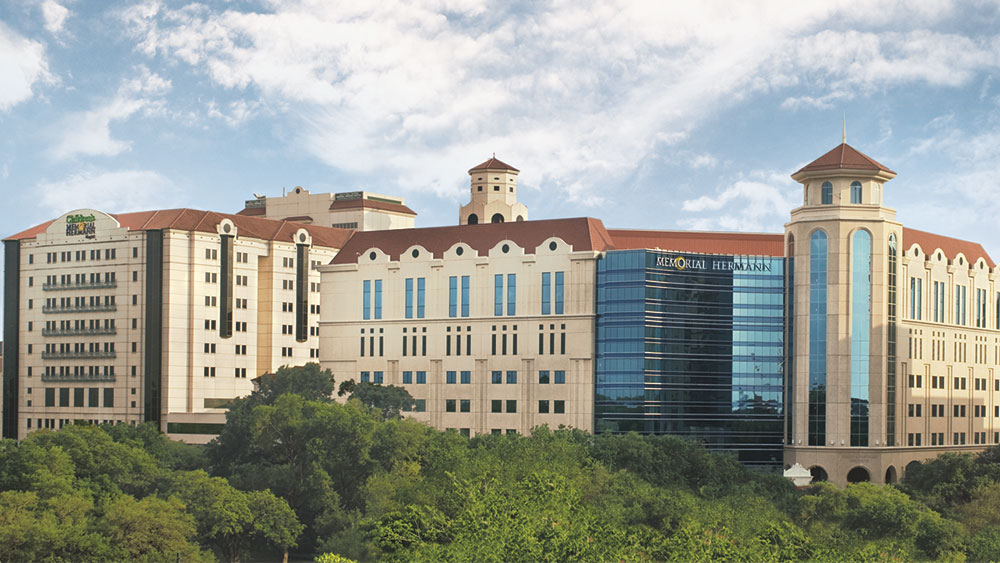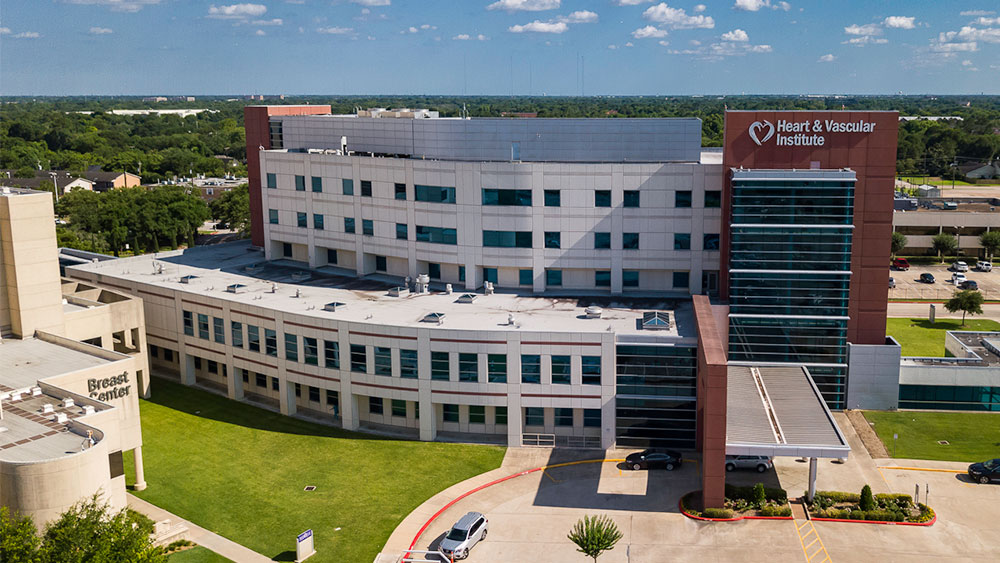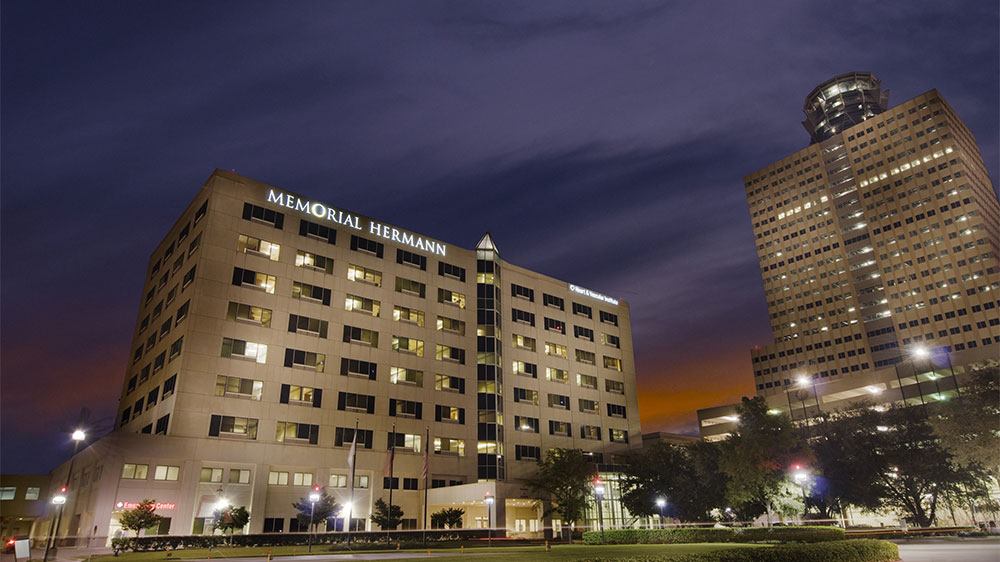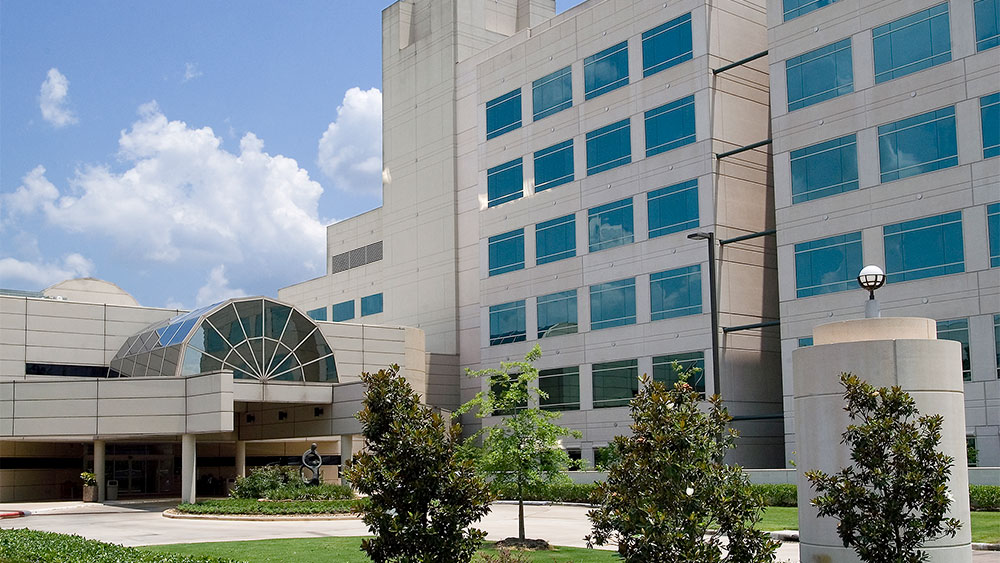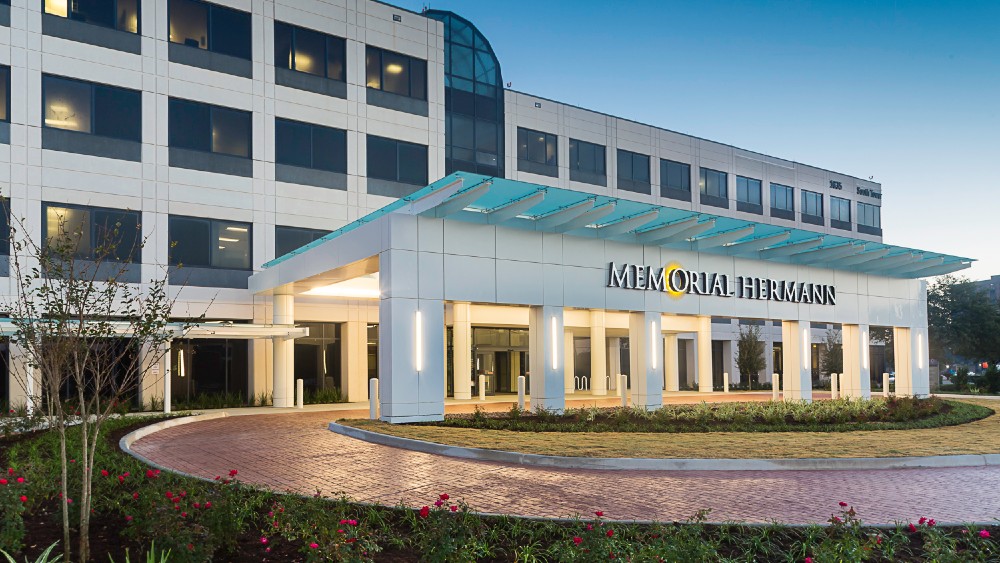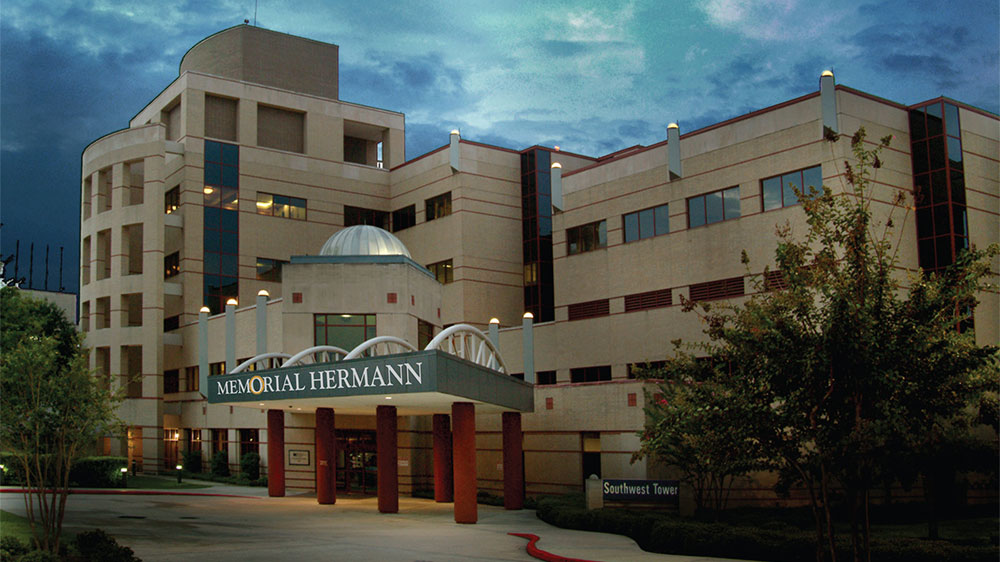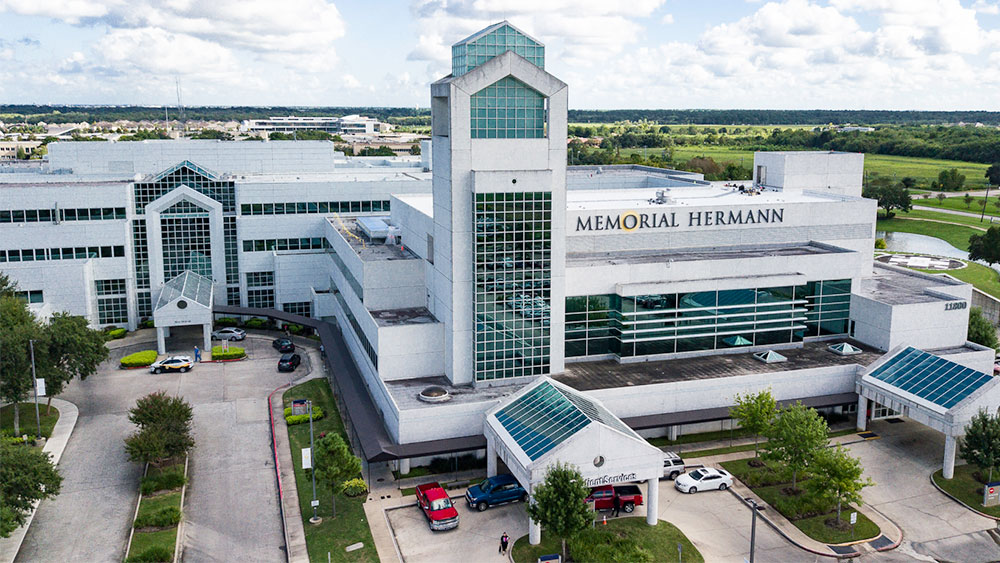What Is Cardiac Rehabilitation?
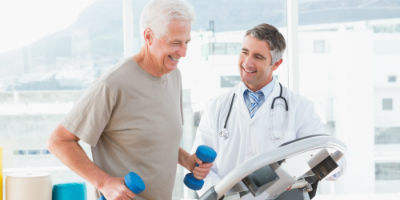
Our goal at Memorial Hermann is to help people with heart disease participate actively and confidently in their own recovery as they return, as much as possible, to the activities they enjoy. We work toward that goal by teaching participants how to reduce their risk factors. Through individualized exercise programs, participants develop strength, flexibility and cardiovascular endurance to help prevent the progression of heart disease.
Our 12-week program is tailored to each participant’s specific needs. The program includes:
- A personalized evaluation and exercise prescription
- A comprehensive focus on exercise, education and lifestyle change
- Telemetry-monitored exercise sessions
- Nutrition counseling by a registered dietitian
- Education sessions to help you better understand and manage heart disease
- Stress-management consultations
- Smoking awareness classes
- Updates provided regularly to the referring physician
The Benefits of Cardiac Rehabilitation
People who participate in a cardiac rehab program following heart surgery or a diagnosis of heart disease generally have better outcomes and improved quality of life. Other benefits may include:
- Lower blood pressure
- Less need for medications
- Decreased risk of heart attack
- A quicker return to work or normal daily living
- More physical strength and improved condition
- Slowing or reversal of hardening of the arteries
- Reduce fear and anxiety
- Weight loss over time
What to Expect
Memorial Hermann’s 12-week program includes a health assessment, closely monitored physical activity, education about your particular risk factors and one-on-one counseling and support. At the start of the program, our staff will thoroughly review your medical history, perform a physical exam and assess your physical abilities and limitations. We will also talk to you about your personal cardiac rehabilitation goals. Based on the results of this initial evaluation, we customize a safe and effective program to help you meet your individual needs and goals.
Exercise
Our 12-week program includes cardiovascular exercise sessions each week with a gradual increase of fitness targets. Your exercise sessions may include walking, cycling, jogging and other endurance activities, as well as resistance training to improve muscle strength. You will progress in the program at a pace you find comfortable.
Throughout your exercise session, our staff will monitor your blood pressure and your heart rhythm and heart rate by electrocardiogram (EKG). A cardiologist supervises the session to ensure safety. You can expect to be at the Cardiac Rehabilitation Center from 60 to 90 minutes, including exercises and education classes.
Education
Participants in our program receive ongoing education about risk factors, including high blood pressure, high cholesterol, diabetes, smoking, obesity, a sedentary lifestyle and poor nutrition. We strongly encourage lifestyle changes, including regular exercise and heart-healthy eating habits, which will reduce your risk for heart disease. Education sessions are scheduled throughout the day on Wednesdays in 15-minute sessions that you can attend after your exercise session.
Counseling and Support
The cardiac rehab team provides guidance to help you maintain the healthy lifestyle changes you have made. We provide counseling on nutrition, medications, smoking cessation, stress management and other topics. The team also serves as a social and emotional support system to encourage you throughout your program.
The Three Phases of Cardiac Rehabilitation
Phase I
Phase I begins when you enter the hospital, and a cardiovascular condition has been identified. During the hospital stay, patients and their families are taught about cardiac disease, how to modify risk factors and how to return to a maximum level of function after leaving the hospital. Phase I rehabilitation may include telemetry-monitored exercise, nutrition counseling, stress management consultations and smoking awareness counseling as needed.
Phase II
Phase II helps patients and families adjust to heart disease and modify their lifestyles. The 12-week, 36-session program starts immediately after discharge from the hospital. It includes telemetry-monitored exercise, nutrition and stress management consultations, and smoking awareness classes.
Phase III
This maintenance program allows you to continue to modify your lifestyle through non-telemetry-monitored exercise and shorter versions of nutritional, stress management and smoking awareness counseling. The program is also open to people who have a high risk of cardiovascular disease and want to prevent future problems.
Criteria for Referral to the Cardiac Rehabilitation and Wellness Center
Cardiac rehabilitation is available to people with health histories that include:
- Heart attack
- Coronary artery disease
- Valve replacement surgery
- Angina
- Coronary angioplasty - with or without stents
- Heart transplantation
- Left-ventricular assist device
- Congestive heart failure
- Other heart-related issues
Getting Started
A physician’s prescription is necessary to participate in our program. Ask your physician if cardiac rehabilitation is right for you. Most insurance companies cover Phases I and II, and Medicare covers Phases I and II as well as entrance and exit stress tests. Phase III cardiac rehab and wellness-related services are usually not covered. Those who want to continue in the Phase III program are charged at the end of the month.
Contact Us
To learn more about our Cardiac Rehabilitation locations or to refer a patient to the Memorial Hermann Heart & Vascular Cardiac Rehabilitation Program, contact your preferred location below:
- Texas Medical Center: CardiacandPulmonaryRehabTMC@memorialhermann.org
- Memorial City Medical Center: cardiacrehabMC@memorialhermann.org
- Southeast Hospital: cardiacrehabSE@memorialhermann.org
- Southwest Hospital: cardiacrehabSW@memorialhermann.org
- The Woodlands Medical Center: cardiacrehabWDL@memorialhermann.org
- Greater Heights Hospital: cardiacrehabGH@memorialhermann.org
- Northeast Hospital: cardiacrehabNE@memorialhermann.org
Please fill out the fields below and we will contact you, or call (713) 222-2273 for more information.
Healthy Living
A healthy heart begins with healthy habits. Create balance and take charge of your heart health today.
Nutrition
Eat smarter with heart healthy eating tips and recipes. Learn to cut sugars, eat clean and more.
Fitness
Get moving with this guide to heart healthy fitness! Learn how exercise improves your heart health.
